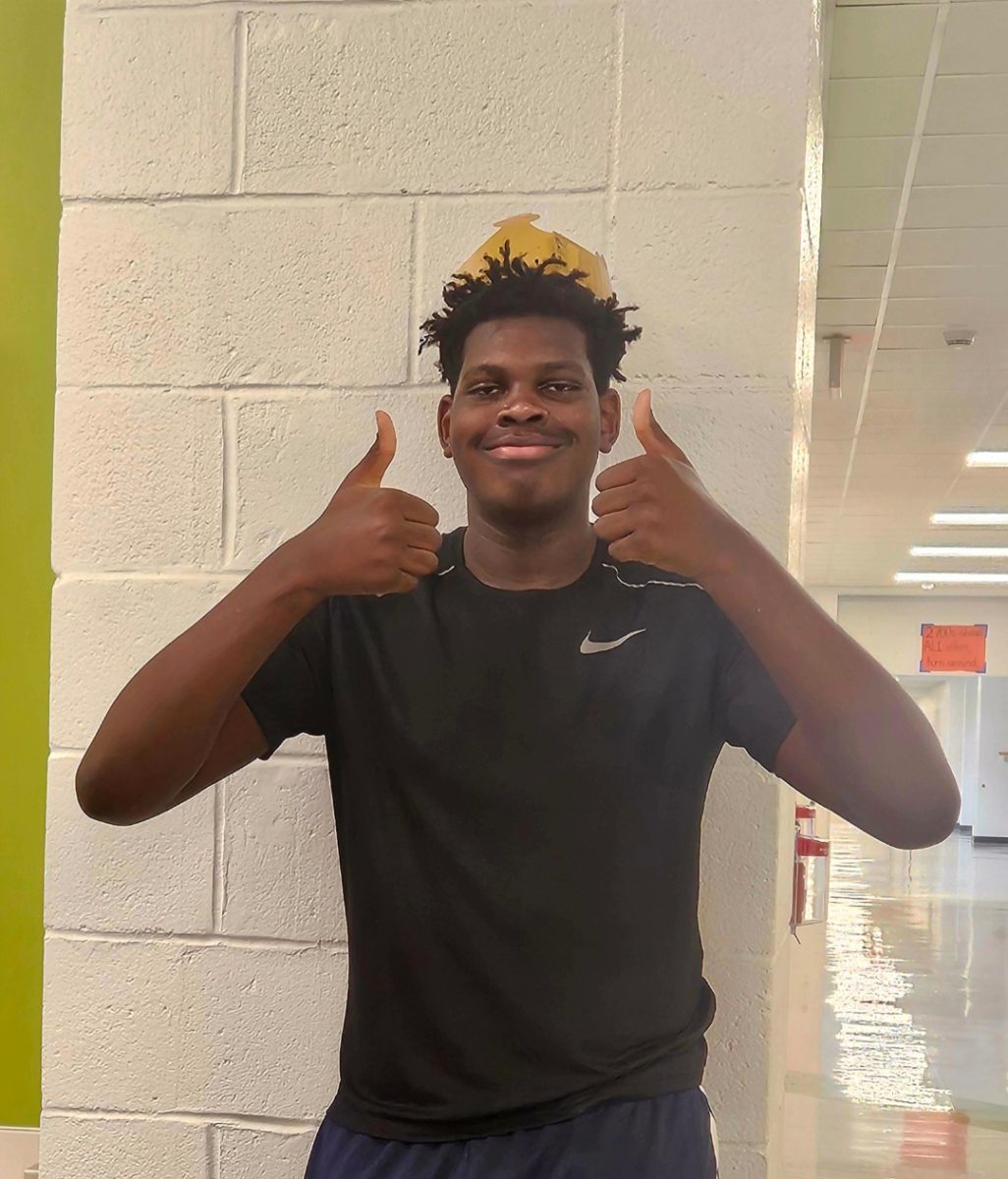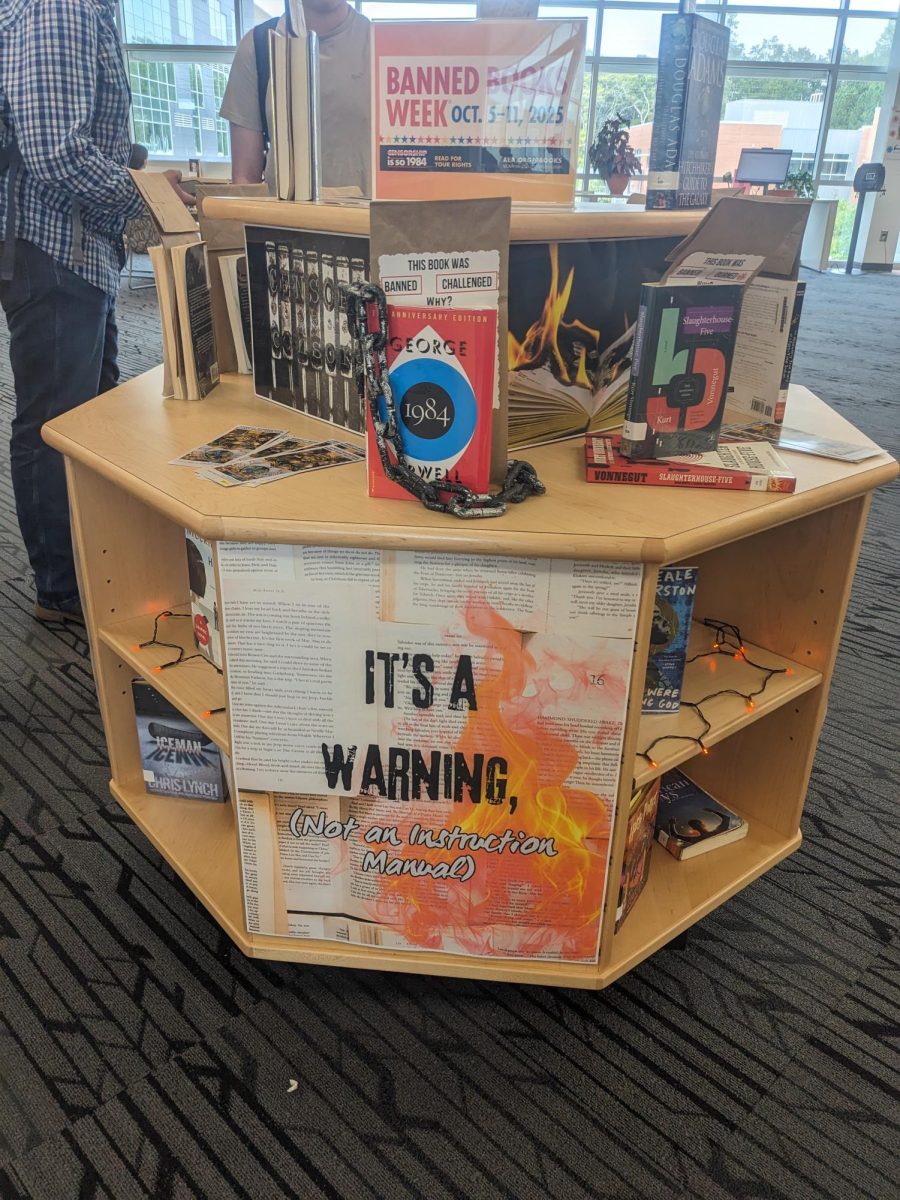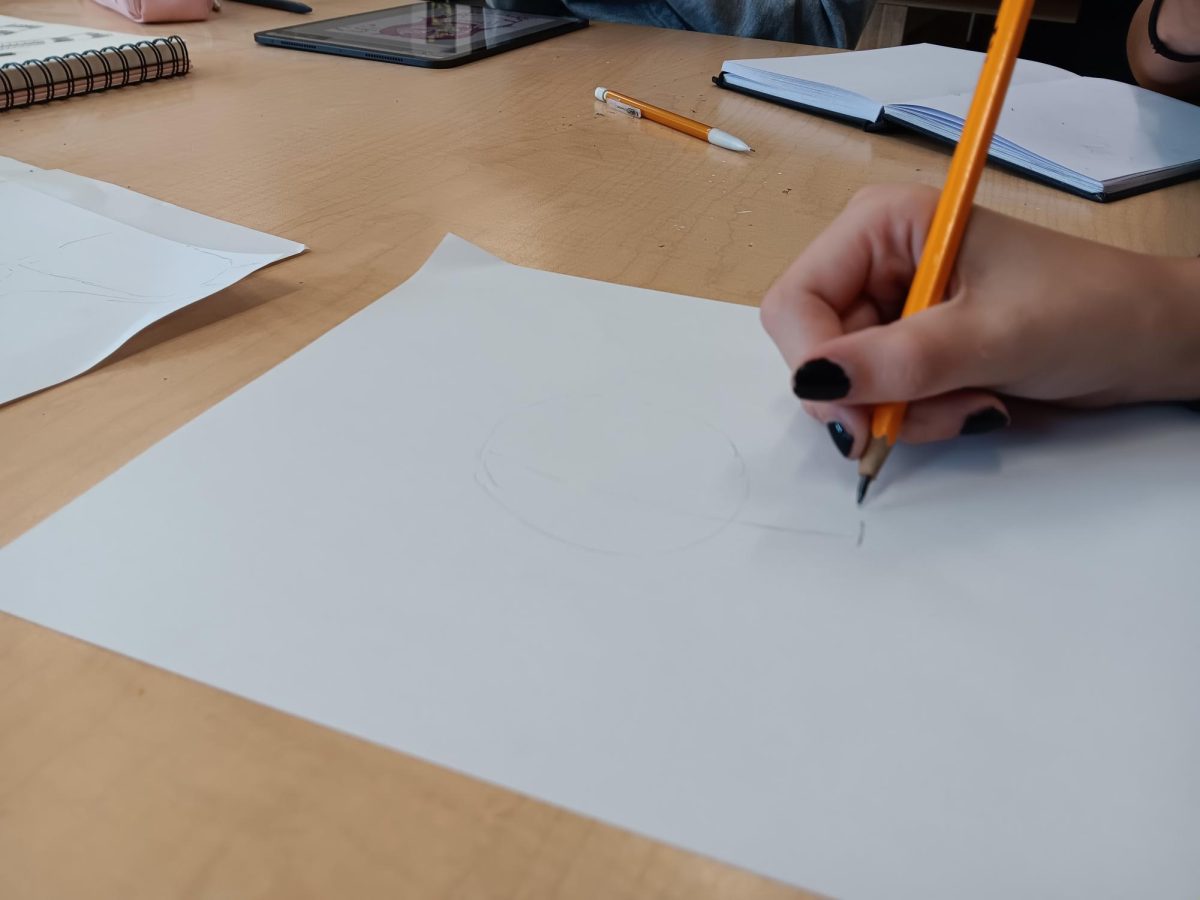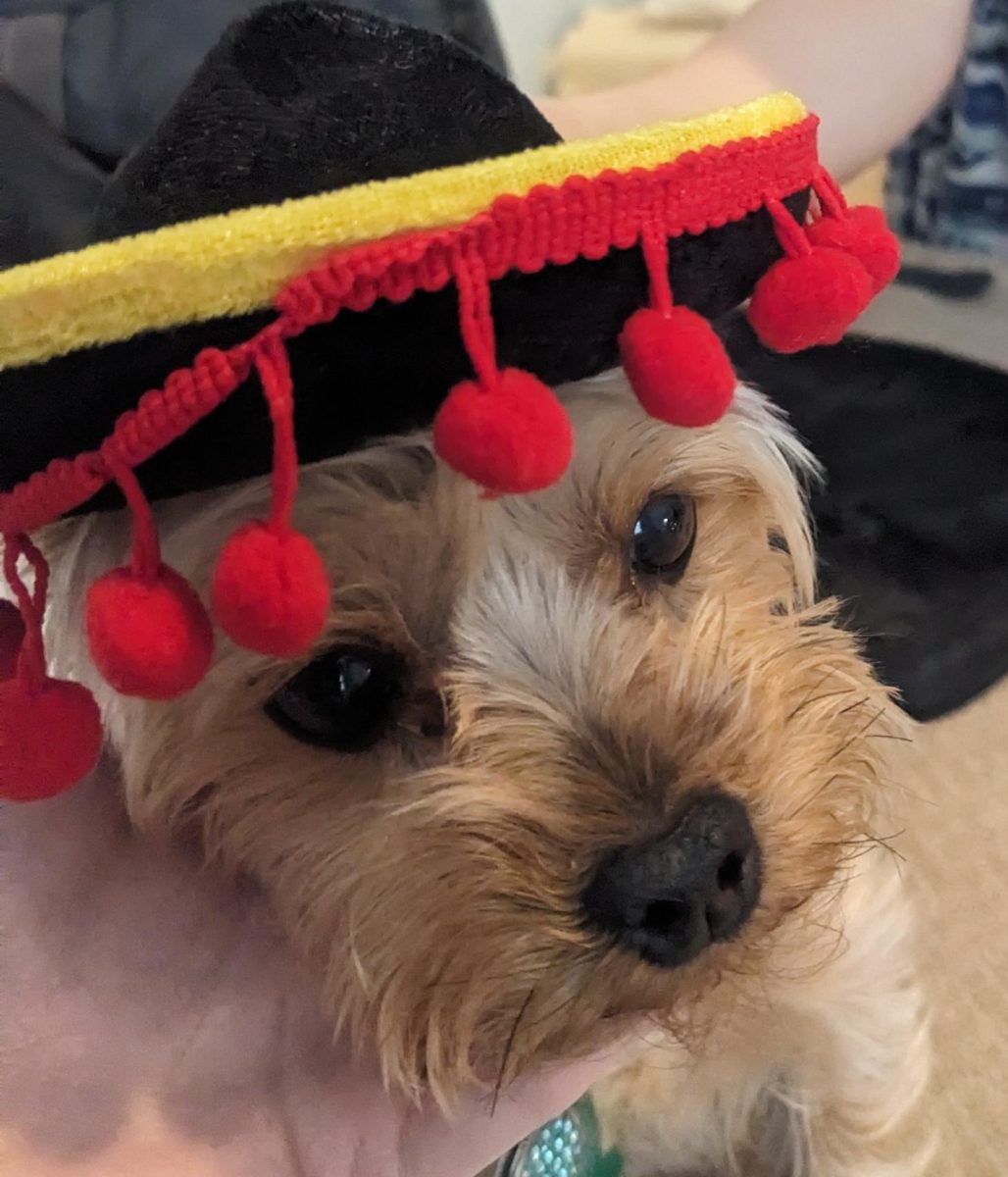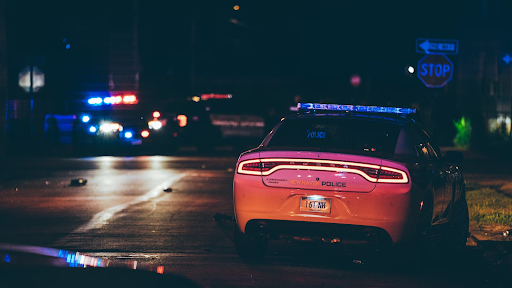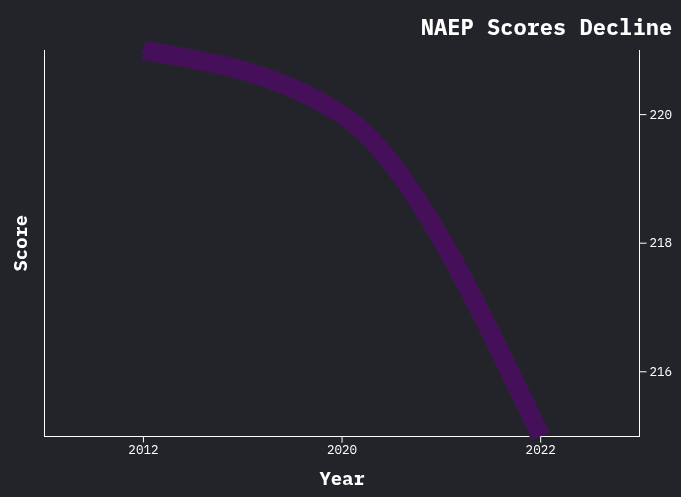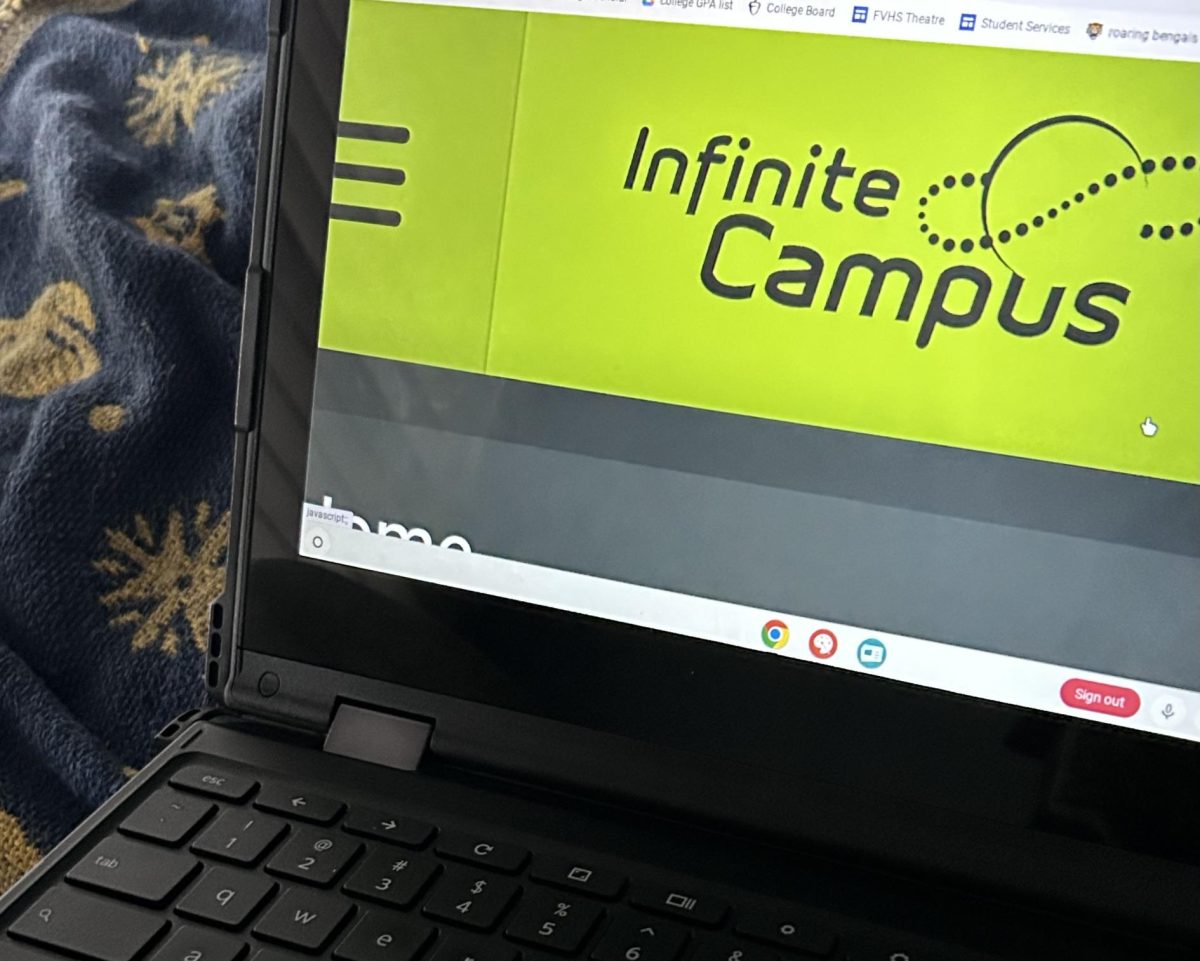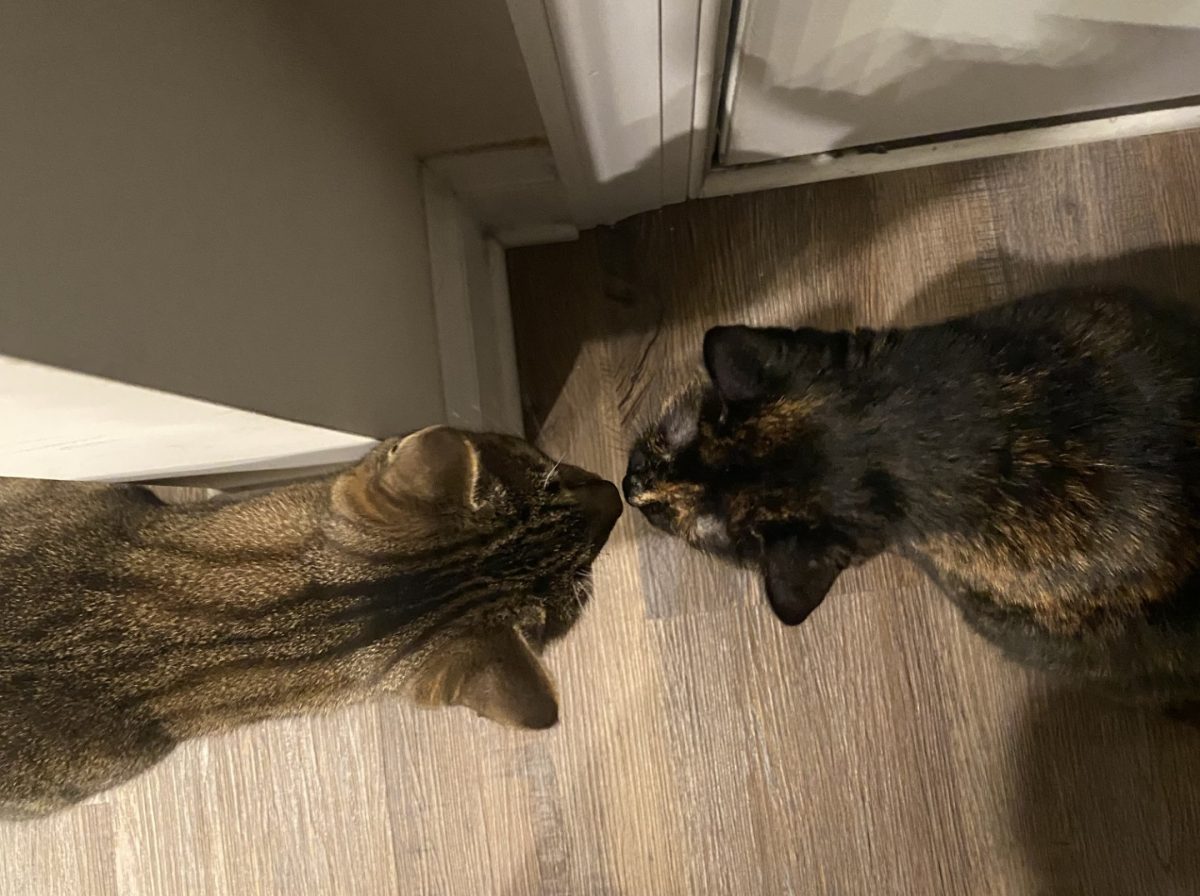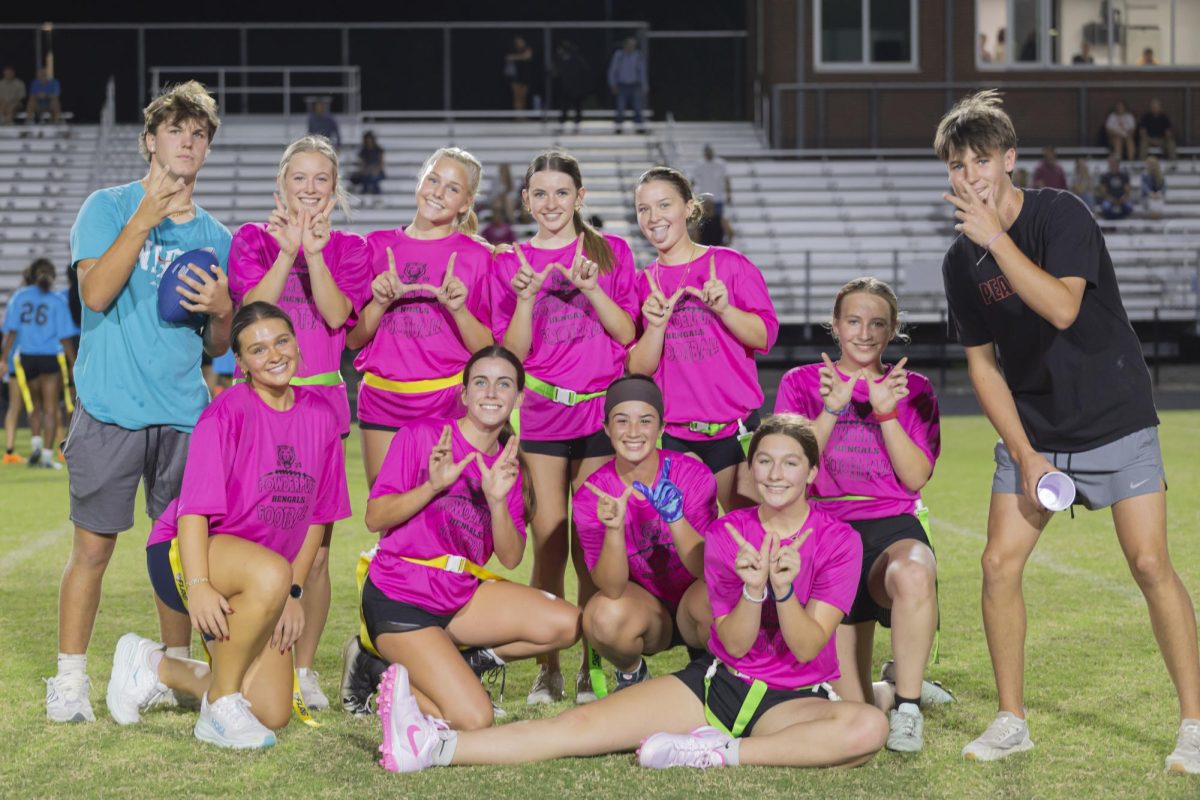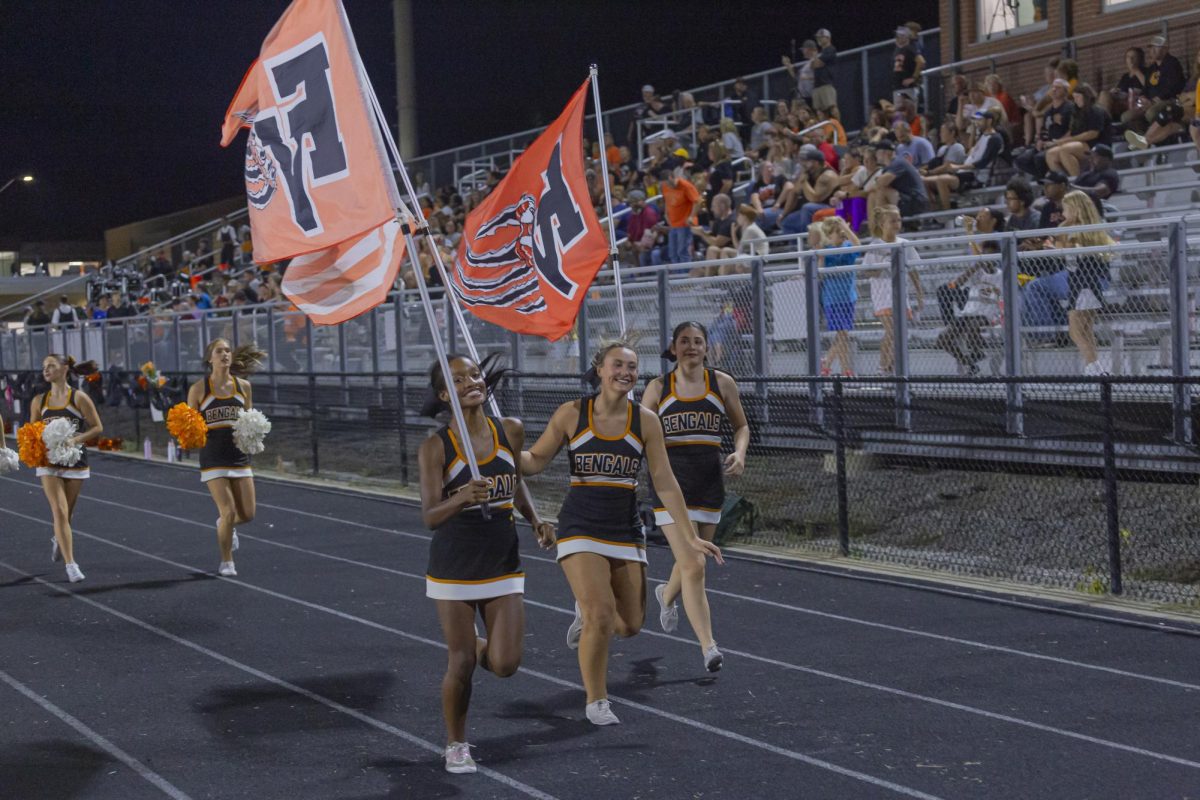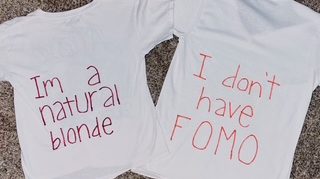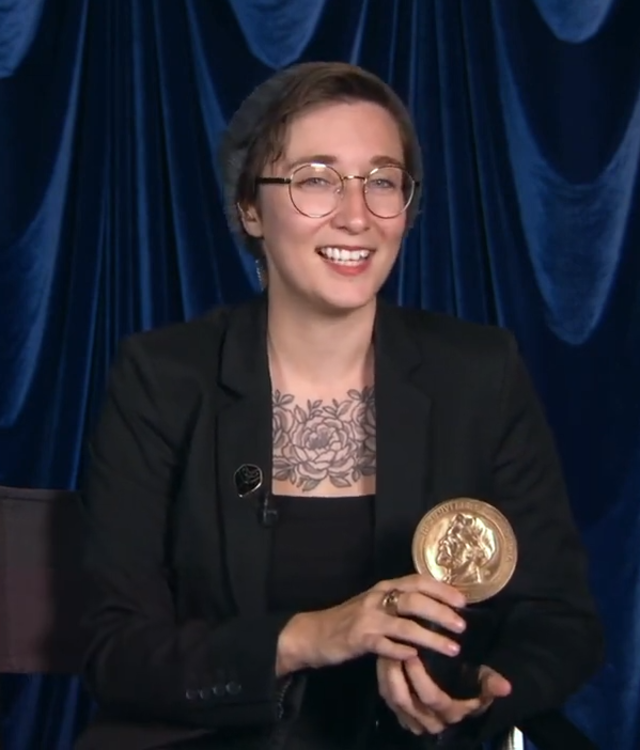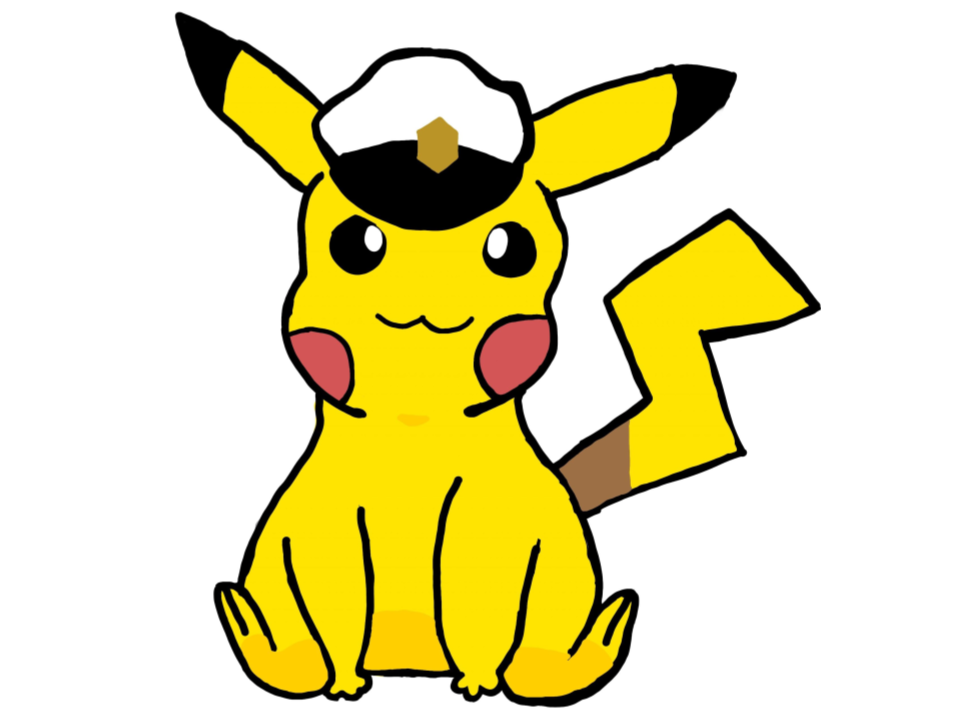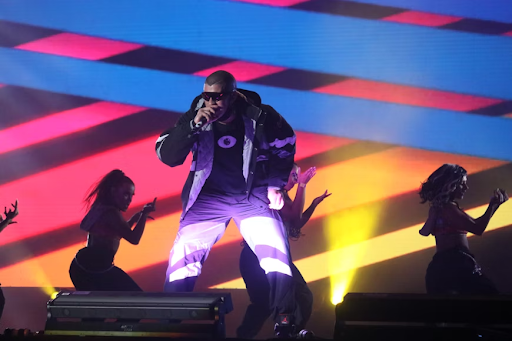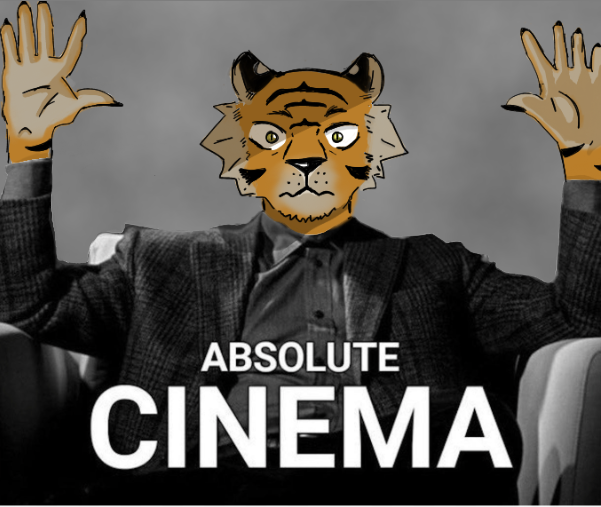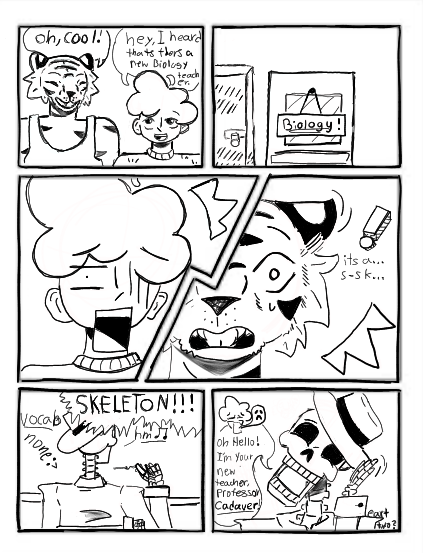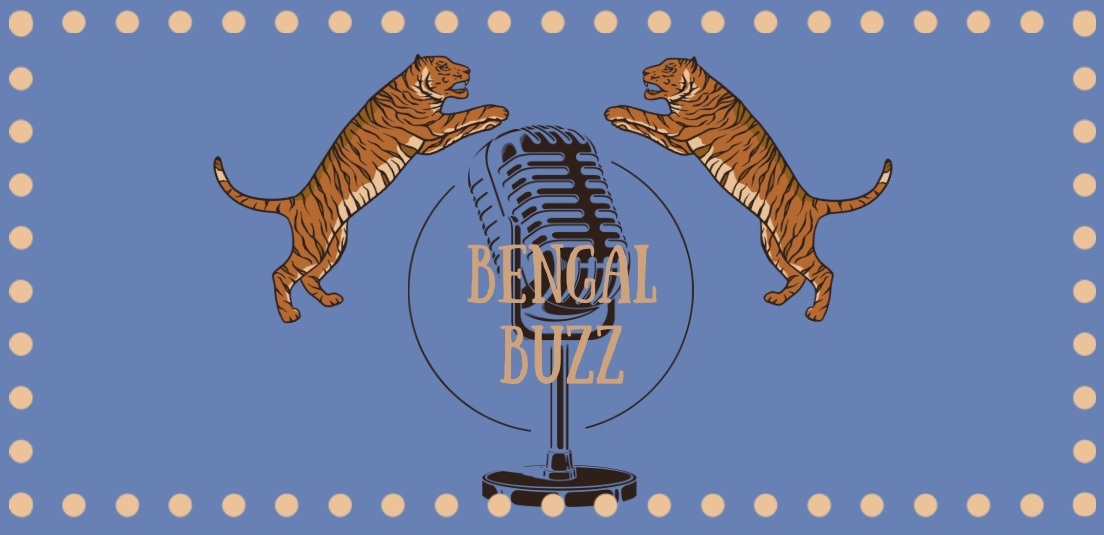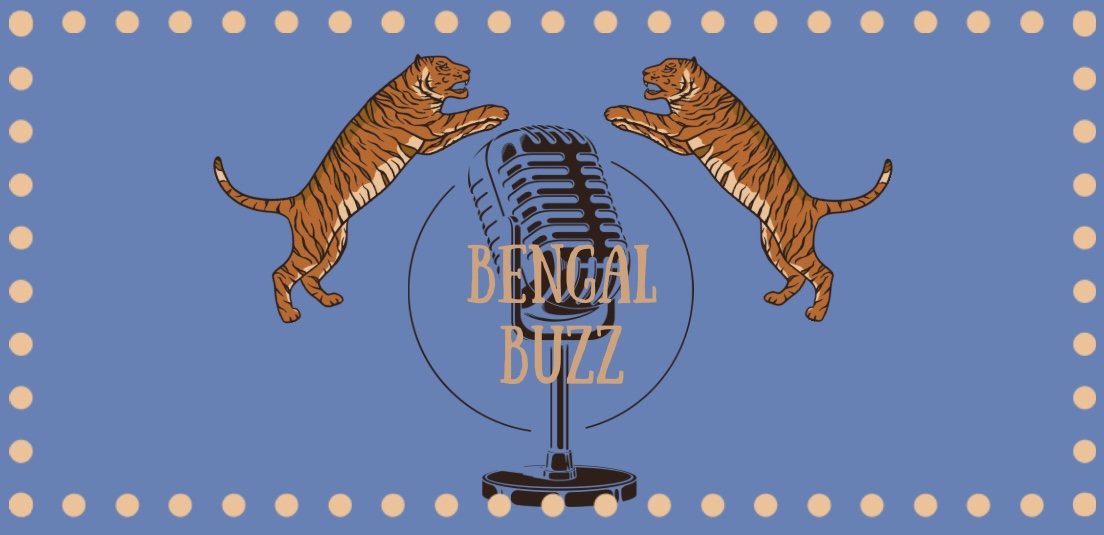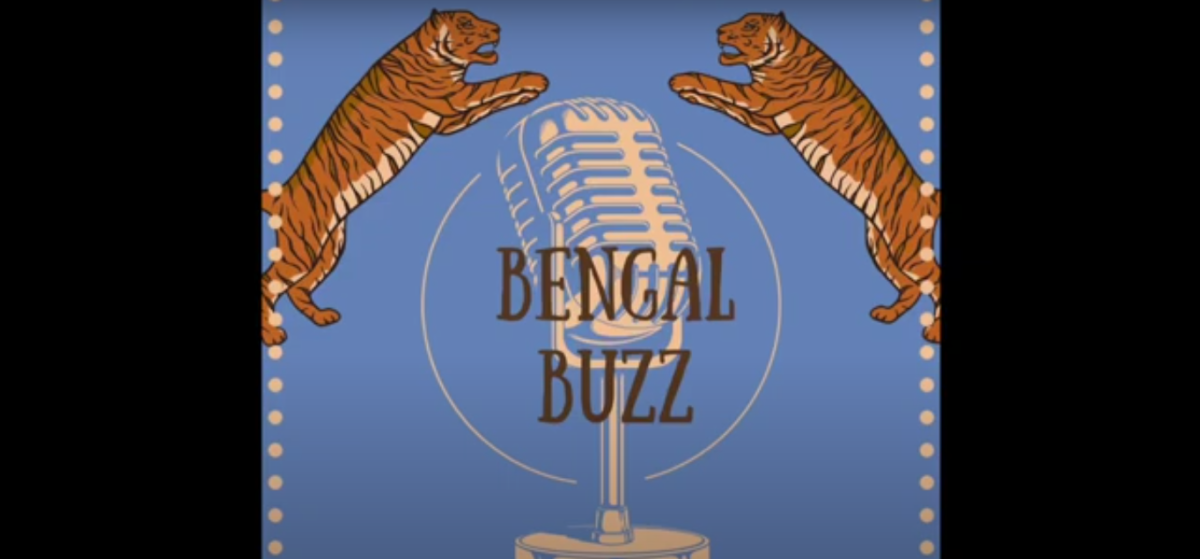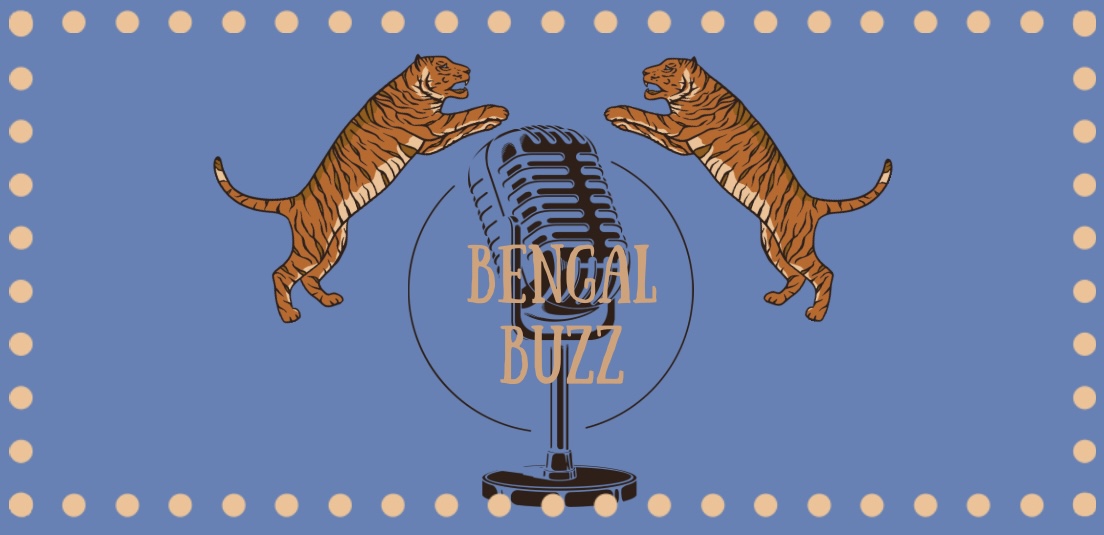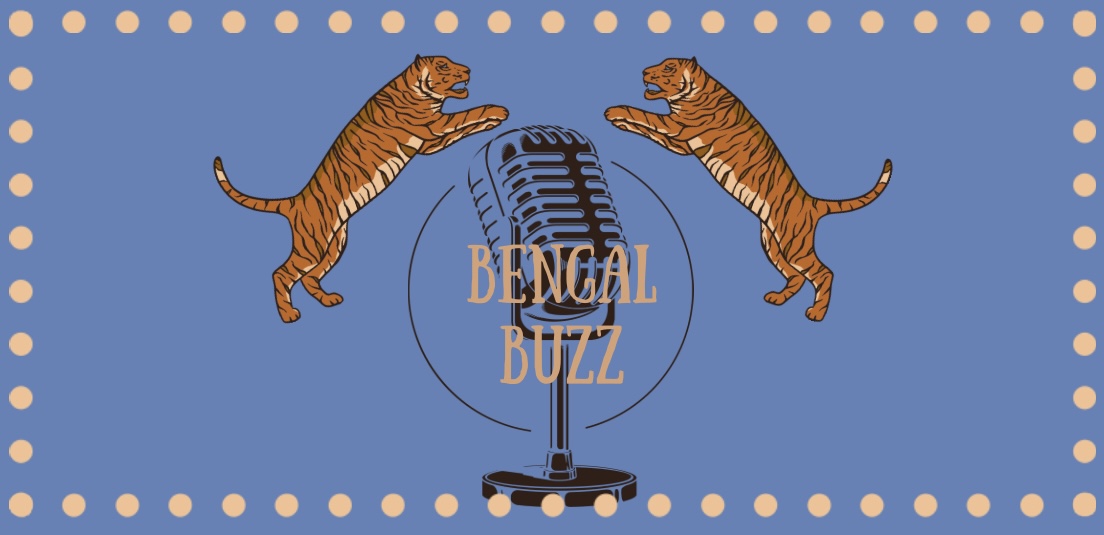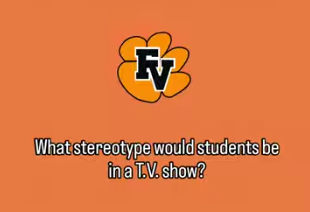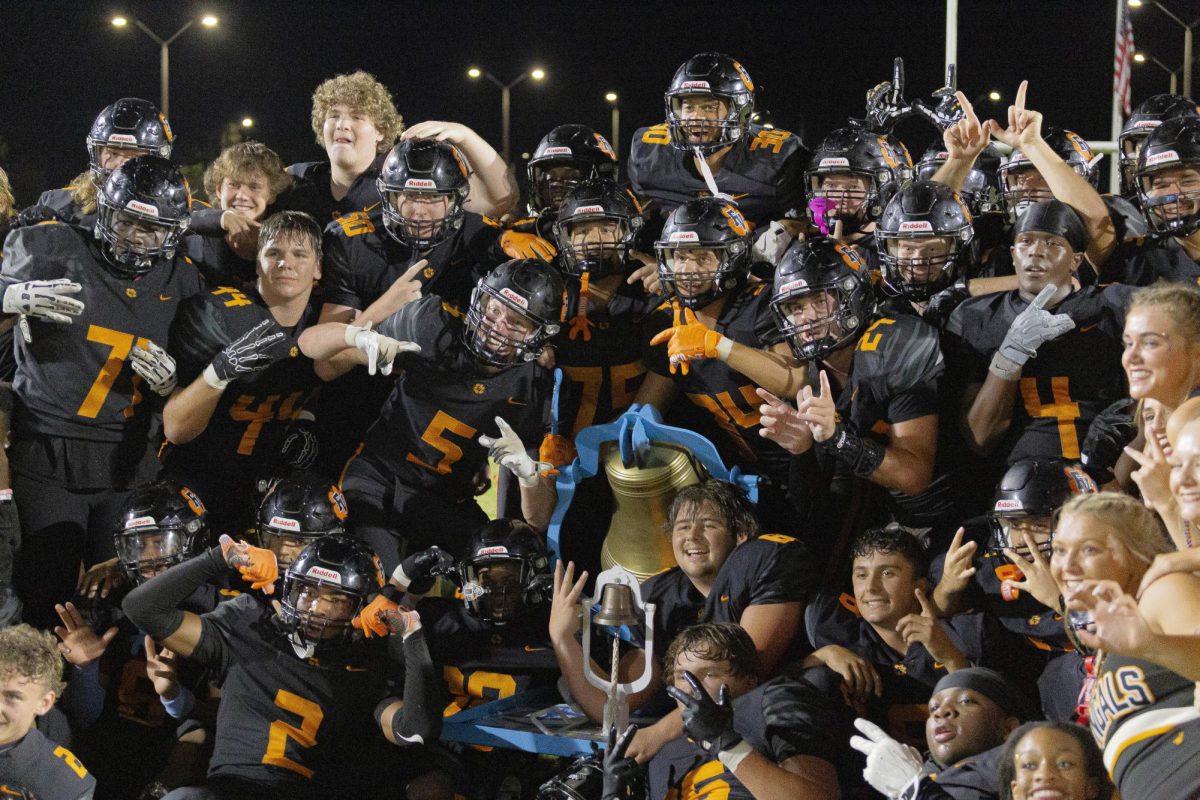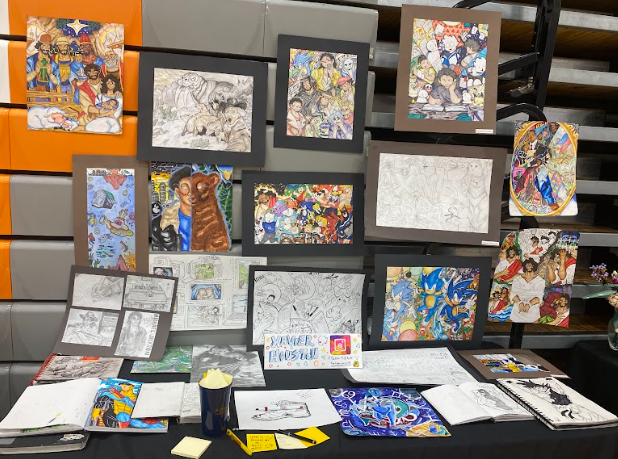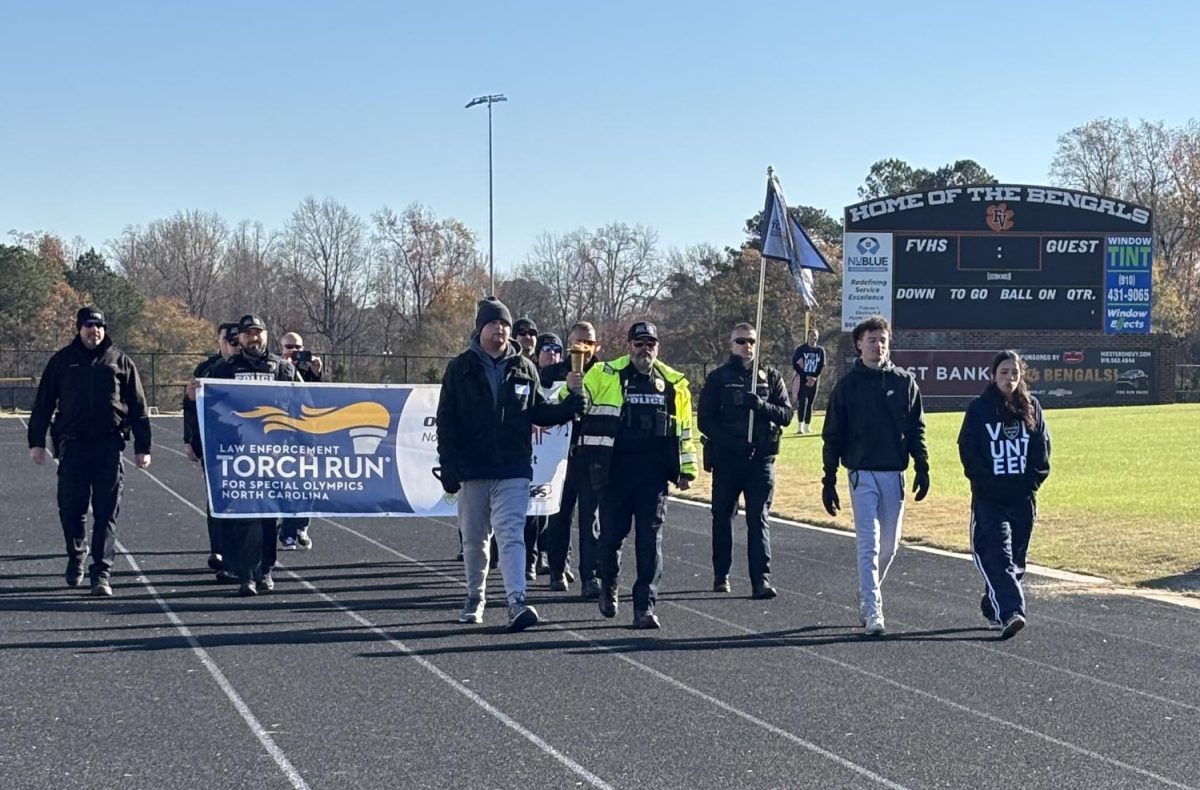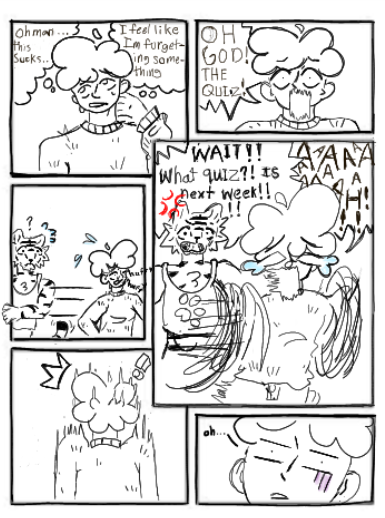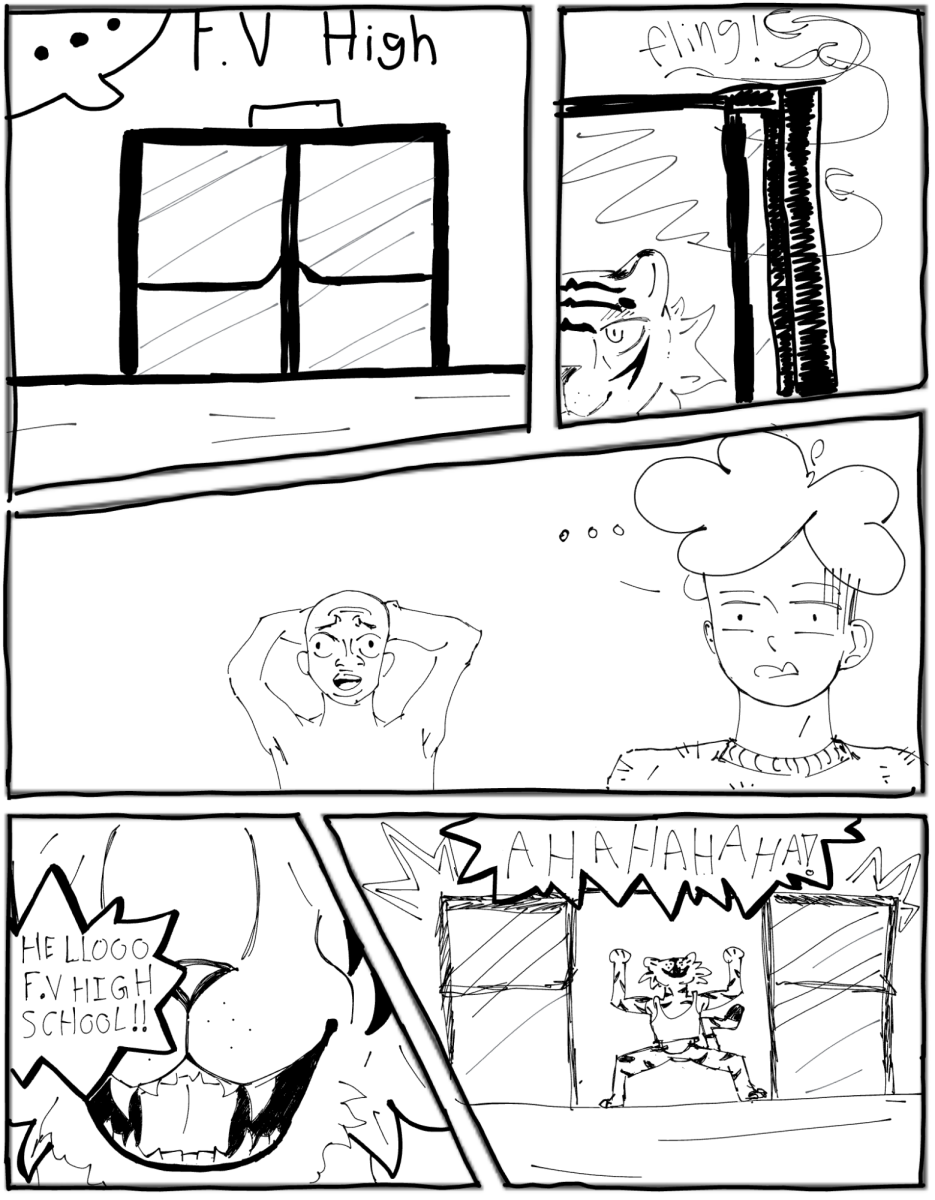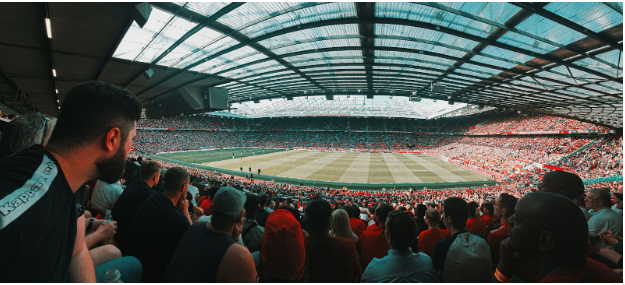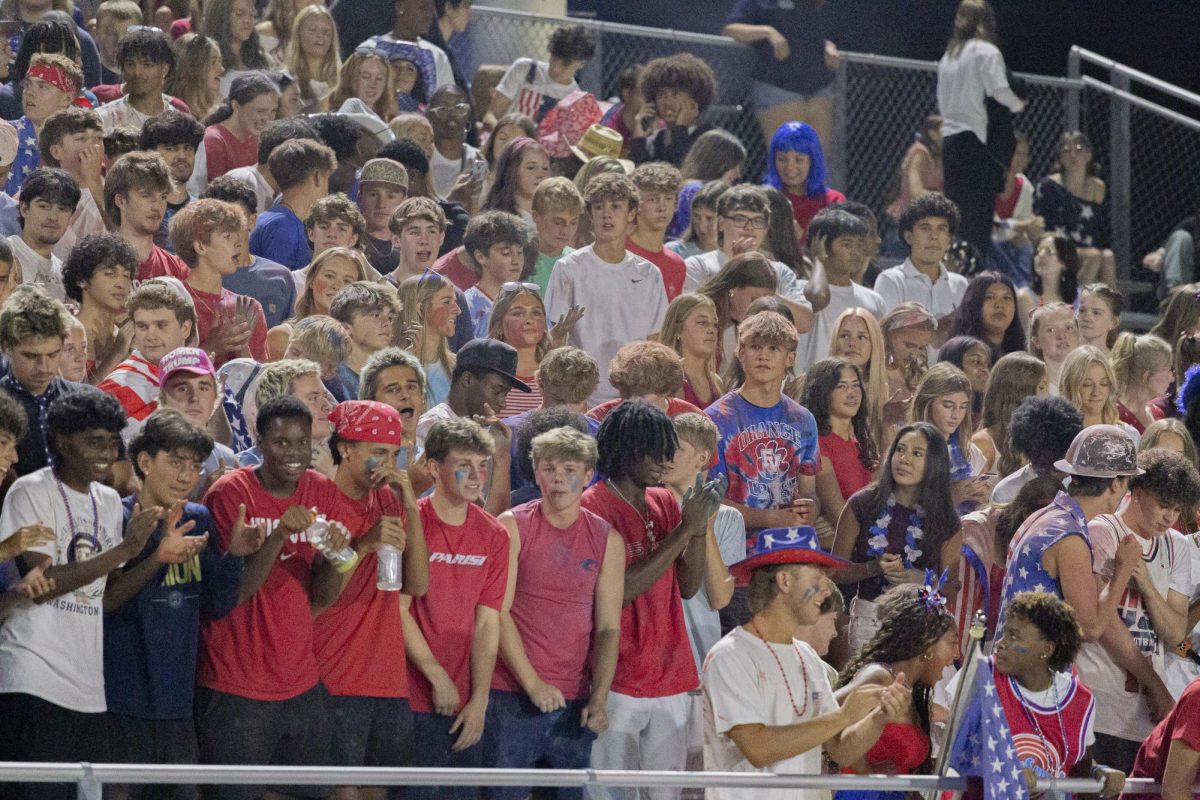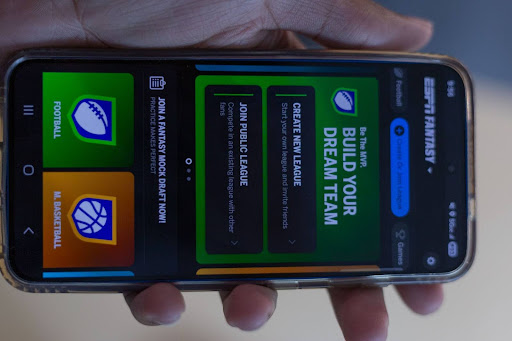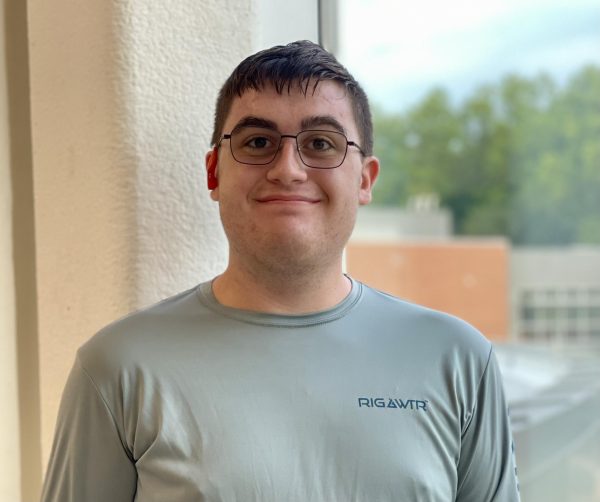Dictatorships have been involved in soccer throughout modern history. For example, in 1934, Fascist Italy hosted the World Cup and won after Mussolini reportedly had a “conversation” with the referee of the semi-final match against Austria, Ivan Eklund, the night before the match at his villa in Rome. The games were rigged in favor of the home side, and they managed to win the final too, after Mussolini again saw the young Swede in his office.
Fransisco Franco, the dictator of Spain from 1939 to 1975, renamed the Copa Del Rey, the Spanish domestic cup championship, to the Copa del Generalissimo, with Generalissimo being one of his titles. He replaced the entire board of Real Madrid, Spain’s most famous soccer team with fascist allies, and changed the uniforms from the red that Spain was well known for, to a uniform with a blue stripe. During the semi-final of the Copa del Rey in 1943, hosted in Madrid, there was violence by the dictator’s supporters, and Franco, to further intimidate the opponents of Real Madrid, FC Barcelona, he sent his Minister of the Secret Police to Barcelona’s locker room pregame, and threatened to have the players arrested if they didn’t lose. Real Madrid won the game, 11-1.
When the national team of North Korea made the World Cup party in South Africa in 2010, they played Brazil in the first game of the Group Stage. The North Koreans played surprisingly well, losing 2-1. The government of North Korea made the decision to then show the next game on State TV, which is rare inside the “Hermit Kingdom” for international sporting matches to be shown inside the country. The North Koreans played Portugal and lost 7-0. They finished bottom of the group, with one goal scored by the team, and 12 scored against the team. The team was then reportedly sent to one of North Korea’s infamous prison camps as punishment.
Muammar Gaddafi was no different than the rest of the despots mentioned above. The difference, however, is that Gaddafi tried to take his show to a domestic club of another country. Not only did he try buying a team, but he tried buying an English team, in fact, maybe the most famous team in soccer, Manchester United.
Part 1: Muammar Gaddafi’s Libya
For context, Muammar Gaddafi was the dictator of Libya from 1969 until 2011. Gaddafi took power in a bloodless military coup on Sep. 1, 1969. He then began to rapidly change the nation of Libya into his own image. Gaddafi’s ideology was a mix of Marxism, Islam, Pan-Arabism and Pan-Africanism. He also was a virulent Anti-Semite.
Gaddafi’s ideology often shifted depending on the crowd he was speaking to. He could promote Arab nationalism to the masses and promote socialism to the educated. Gaddafi benefited from Libya’s massive amount of oil, and for a time, the PPP of Libya was higher than that of the United States. However, most of the wealth at the time was being concentrated in the wealthy elite of the country. As a result, little of the money was actually being seen by the common man. He oversaw perhaps the world’s most powerful kleptocracy, pocketing the money for himself and his family and his inner circle.
Gaddafi amassed a reported $200 billion, which would have made Gaddafi the richest man in the world. Gaddafi spent his money on a collection of cars, including a Fiat 500 that he had custom built and a Maybach that he bought just before he was (spoiler alert) overthrown that reportedly cost 1.15 million Euros. In addition, Gaddafi traveled the world in an Airbus A340 which was fitted with a Jacuzzi. He also spent money funding groups that were not so wholesome, such as the Palestinian Liberation Organization when it was a terrorist group, Shining Path Communists in Peru, and the Irish Republican Army in the UK. He reportedly even tried selling an anti-aircraft gun to a Chicago street gang. He also funded the 1972 Munich Olympics massacre, where Palestinian gunmen killed 11 Israeli athletes and coaches and a Munich police officer.
Still, Gaddafi did do some good things for the people of Libya. He built an infrastructure and made going to university free, which opened the door for many Libyans to advance in society. Healthcare was free and guaranteed by the government, and women had rights that many of their Arab counterparts didn’t.
Part 2: How Gaddafi became interested in soccer
Gaddafi wasn’t a soccer fan, but his son, Al-Saadi, was a huge fan of soccer. It didn’t matter that his son had no talent, if the boy wanted to play soccer, he was going to play soccer in Libya, talent or no talent. He was the team captain of Libya’s national soccer team, a move attributed to his father’s intervention. His son then decided that he wanted to play in Europe, and he signed with Perugia, employing of all people, Diego Maradona and a Canadian sprinter named Ben Johnson. If the first name sounds familiar, that is the legend Maradona of World Cup Final fame. He played a single match against Juventus, before he failed a drug test, with the drug Nandrolone being discovered in his system. In addition, Al-Saadi also played in Libya’s domestic league with referees being told that the calls they made should favor the young Gaddafi’s team, and they should do so often, on pain of imprisonment if they failed to do so.
Part 3: The attempt to buy
In 2004, Gaddafi began secret talks with the majority stakeholders in Manchester United, John Maigner and J.P. McManus, who owned 28.9% of the football club.
According to the “Manchester Evening News”, Mehmet Dalman, who is the chairman of Cardiff City’s football club and a stockbroker based in Cyprus, told the “Sunday Times” that Colonel Gaddafi “was a whisker away from buying the club. People don’t realize that he was only a few hours away from buying Manchester United.”
It is thought that the feud between Sir Alex Ferguson and the club stakeholders, Maigner and McManus, over the stud rights to a horse, The Rock of Gibraltar, led to this discussion. Yes, you are reading this right, Ferguson almost had a blood-thirsty tyrant as a boss because he and his bosses had an argument about a horse. This argument ended up going to court which further damaged the relationship between the two parties.
It may have sounded fanciful, but at the time, Libya was riding on the back of goodwill with the West after agreeing to hand over its chemical weapons stockpile and halt Libya’s nuclear weapons program.
What made this even more crazy is that Muammar wasn’t even a huge fan of football. He wrote in his “Green Book” that “The thousands who crowd stadiums to view, applaud, and laugh are foolish people who have failed to carry out the activity themselves… sport is a public activity which must be practiced and not watched.” He also told the spectators watching the 1982 African Cup that “All you stupid spectators have your stupid game.”
According to “The Herald Sun,” Saadi Gaddafi, Muammar’s son, told the “New York Times” that he and his father kept it a secret because the fans wouldn’t take it particularly well.
“I told my father it would be like buying the Church of England. It’s very hard, almost impossible to do so because of the fans and the history, very difficult. It’s a golden, golden, golden team,” said Saadi.
Muammar met with Dalman in his compound in Tripoli, and by this time, Dalman was the go-between in negotiations. The two sides didn’t reach an agreement, and so, the two partners sold the majority shares to the Glazer Family.
Part 4: Aftermath
After the failed attempt to buy Manchester United, Muammar didn’t slip into obscurity either. He continued to rule Libya as a dictator until Feb. 2011, when the Arab Spring broke out. The reasons the protests against Gaddafi began were due to the inequality, the theft of money from the pockets of the people, increasing repression and housing issues.
Gaddafi, in true tyrannical fashion, cracked down on the protests. The level of the crackdown, however, shocked even those who were Libya’s allies. He launched airstrikes against the protesters, quarantined the cities where mass protests occurred, and sent tanks and armored vehicles.
The outside world demanded that Gaddafi resign and leave the country, but Gaddafi refused to do so. Instead, he stayed in Tripoli and decided to fight. The Western world imposed a no-fly zone, and the International Criminal Court issued an arrest warrant for Gaddafi and his other son, Saif, for war crimes and crimes against humanity. The world supplied the new rebel groups with military equipment.
Tripoli fell to the rebels on Aug. 28, 2011, and Gaddafi was killed by the Libyan rebels on Oct. 20, 2011. His son Saadi escaped to Turkey and is living under the protection of President Erdogan of Turkey.
This incident was one of many interesting incidents in the reign of Gaddafi, but would things be different if he did take over Manchester United? Probably not. They still would have won their titles, and they would be mediocre as well by now. Gaddafi is dead, his remains cremated and dumped into the Mediterranean Sea, where they will remain until the end of time when he shall be judged and face his eternal punishment.

